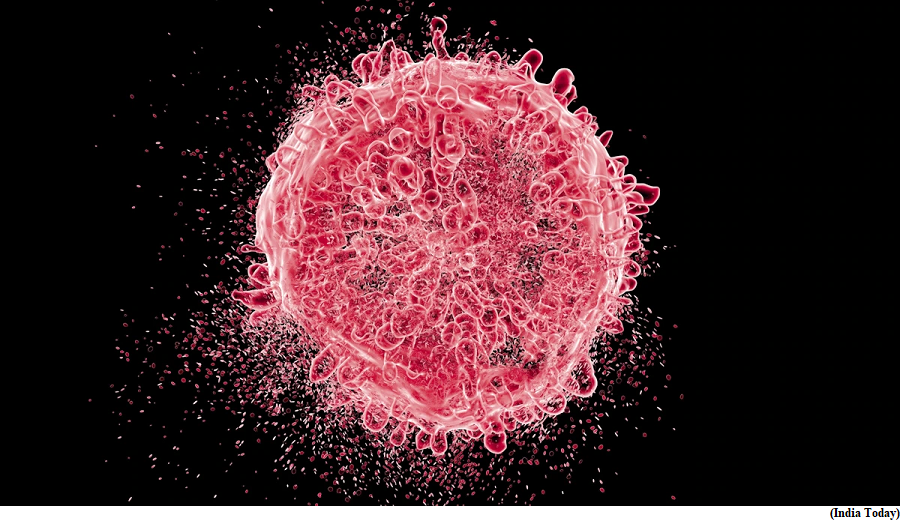India and Saudi Arabia sign Agreement on Cooperation in Energy Sector (GS Paper 3, Economy)

Why in news?
- India and Saudi Arabia have signed a Memorandum of Understanding on cooperation in the field of energy.
Areas of cooperation:
- Renewable Energy, Energy Efficiency, Hydrogen, Electricity and Grid Interconnection between the two countries, Petroleum, Natural Gas, Strategic Petroleum Reserves and Energy Security.
- Encouraging bilateral investment in the field of Renewable Energy, Electricity, Hydrogen and Storage; and Oil & Gas.
- Circular Economy and its technologies to reduce the effects of climate change, such as: carbon capture, utilization and storage.
- Promoting digital transformation, innovation and cyber-security and artificial intelligence in the field of Energy.
- Working on developing qualitative partnerships between the two countries to localize materials, products and services related to all sectors of energy, supply chains and its technologies.
- Strengthening the cooperation with companies specialized in the field of energy.
- Any other fields related to the energy field that the two countries agree upon.
Way Forward:
- The MoU will develop a stronger partnership between India and Saudi Arabia in the field of energy.
- The MoU will support India’s efforts for energy transition and transformation of global energy system towards combating climate change.
DEPwD Launches Transformative Programs to Empower Individuals with Disabilities
(GS Paper 2, Social Justice)
Why in news?
- Recently, the Ministry of social Justice and Empowerment, unveiled five transformative initiatives at the Dr. Ambedkar International Centre (DAIC).

Overview of DEPwD's five pioneering initiatives:
- MOU with Council of Architecture: DEPwD has joined hands with the Council of Architecture (COA) to introduce universal accessibility courses within Bachelor of Architecture programs. This collaboration extends to the development of a certified course for architects and civil engineers, equipping them with the skills to conduct accessibility audits in built environments, thereby ensuring compliance with accessibility standards.
- Releasing of Anonymous Data of UDID: DEPwD's release of anonymous data through the Unique Disability ID (UDID) portal for research purposes represents a significant leap in data-driven decision-making within the disability sector. This initiative provides invaluable insights at various levels, facilitating a deeper understanding and informing targeted interventions.
- PM Daksh Portal: DEPwD introduces the PM Daksh-DEPwD Portal, a comprehensive digital platform designed to empower Persons with Disabilities in their pursuit of skill training and employment opportunities. The portal offers seamless registration through UDID, access to location-based skill training options, a wide array of job listings from across India, and streamlined administrative processes.
- Pathways to Access: Courts on Disability Rights: DEPwD has compiled notable judgments from India's Supreme Court and High Courts concerning disability rights into a comprehensive booklet. This resource serves as a valuable reference guide for persons with disabilities and stakeholders in the disability sector.
- Online Case Monitoring Portal by CCPD: The Chief Commissioner for Persons with Disabilities (CCPD) has adopted a cutting-edge application for handling grievances filed by persons with disabilities. This initiative streamlines the entire process, making it paperless and efficient. Key features include seamless online complaint filing, automated reminders, and simplified hearing scheduling.
Way Forward:
- These initiatives underscore DEPwD's unwavering commitment to fostering inclusivity, advancing disability rights, and driving meaningful change in the lives of persons with disabilities throughout India. All officials were present at the Nalanda Hall of Dr. Ambedkar International Centre on this occasion.
Indian scientists develop unique way to detect and kill cancer cells
(GS Paper 3, Science and Technology)
Why in news?
- Scientists at the Indian Institute of Science (IISc) have made a significant breakthrough in cancer research by developing a new method to detect and kill cancer cells.
- They have created hybrid nanoparticles, composed of gold and copper sulphide, which can destroy cancer cells through heat generation and enable their detection using sound waves.

Innovative approach:
- The hybrid nanoparticles exhibit photothermal, oxidative stress, and photoacoustic properties.
- When exposed to light, these particles absorb it and generate heat, effectively killing cancer cells. Additionally, they produce toxic singlet oxygen atoms that further contribute to the destruction of cancer cells.
- Beyond their therapeutic potential, these nanoparticles also offer diagnostic capabilities. They can absorb light and generate ultrasound waves, enabling the detection of cancer cells with high contrast.
- This property could enhance the accuracy of cancer diagnosis as sound waves scatter less than light when passing through tissues, providing clearer images and more precise measurements of oxygen saturation in tumors.
Potential:
- The IISc team's innovation addresses a key limitation of previously developed nanoparticles - their large size.
- By employing a unique reduction method, the researchers were able to deposit tiny seeds of gold onto the copper sulphide surface, creating hybrid nanoparticles less than 8 nm in size.
- These minuscule particles can potentially navigate through tissues easily and reach tumors, while also being small enough to leave the human body naturally without accumulating.
What’s next?
- So far, the nanoparticles have been tested on lung and cervical cancer cell lines in laboratory settings.
- The next step for the IISc team is to advance these promising results towards clinical development, marking a significant stride in the fight against cancer.




